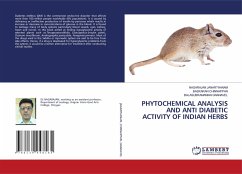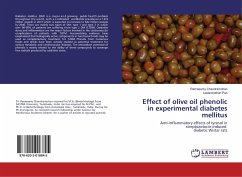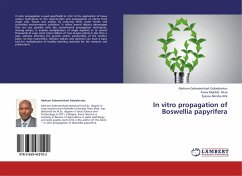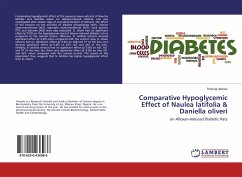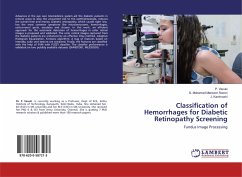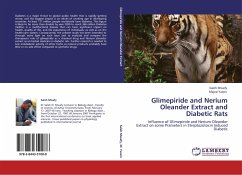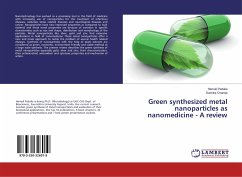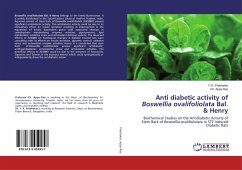
Anti diabetic activity of Boswellia ovalifoliolata Bal. & Henry
Biochemical Studies on the Antidiabetic Activity of Stem Bark of Boswellia ovalifoliolata in STZ Induced Diabetic Rats
Versandkostenfrei!
Versandfertig in 6-10 Tagen
55,99 €
inkl. MwSt.

PAYBACK Punkte
28 °P sammeln!
Boswellia ovalifoliolata Bal. & Henry belongs to the family Burseraceae. It is widely distributed in the South-Eastern Ghats of Andhra Pradesh, India. Aqueous extract of stem bark of Boswellia ovalifoliolata (AESBBO) possess significant antidiabetic activity. This antidiabetic activity could be due to its stimulatory effect on insulin secretion resulting in improvement in the expression of insulin dependent genes with associated changes in carbohydrate metabolizing enzymes activities, glycoproteins, lipid metabolism, oxidative stress and antioxidant defense systems. The observed effects of AES...
Boswellia ovalifoliolata Bal. & Henry belongs to the family Burseraceae. It is widely distributed in the South-Eastern Ghats of Andhra Pradesh, India. Aqueous extract of stem bark of Boswellia ovalifoliolata (AESBBO) possess significant antidiabetic activity. This antidiabetic activity could be due to its stimulatory effect on insulin secretion resulting in improvement in the expression of insulin dependent genes with associated changes in carbohydrate metabolizing enzymes activities, glycoproteins, lipid metabolism, oxidative stress and antioxidant defense systems. The observed effects of AESBBO on histological changes in diabetic treated rats were coinciding with its effects on insulin secretion, glycemic control, oxidative stress and antioxidant enzyme activities. Hence it is concluded that stem bark of Boswellia ovalifoliolata possess significant antidiabetic, antihyperlipidemic, antioxidative stress and antioxidant activities. The beneficial effects of AESBBO could be due tothe presence of Flavonoids, Saponins and Tannins in the aqueous extract which could synergistically or independently show the antidiabetic action.




